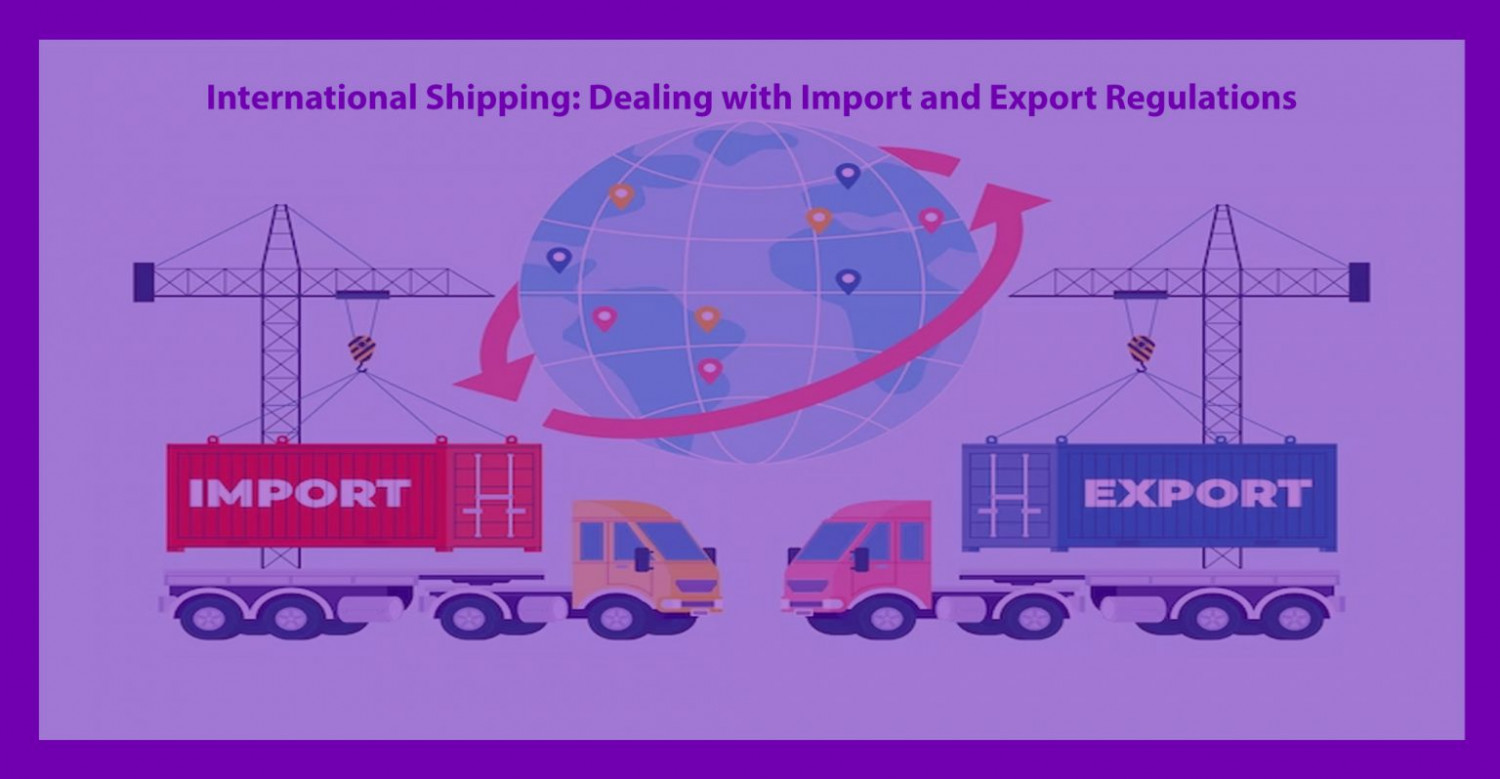Import/Export Regulation
Jan 02, 2024
Import and Export regulations

Navigating International Trade: Adhering to Import and Export regulations
The expansion of the world economy and the development of international relations depend heavily on commerce. But managing global trade has its share of difficulties and complications. In order to facilitate smooth transactions, businesses must abide by certain rules and guidelines. A crucial framework for business standards known as international trade compliance guarantees that businesses operating in cross-border import and export trade do so within the law.
Import/Export Regulation: What Is It?
The commercial activity of purchasing and selling goods and services between nations while adhering to their own business protocols is known as international trade. The main objective is to maximize a business's business processes through global expansion for suitable product positioning and outsourcing.
The Potential Risks of not complying with International Trade Laws.
The following are major problems that might arise from disregarding import and export laws.
Legal Repercussions:
The corporations may be subject to fines, unanticipated penalties, tariffs, taxes, or even prohibitions from conducting business in particular markets. This may have a detrimental effect on partners' and clients' trust, resulting in losses of money and a low return on investment.
In order to reduce legal risks, include seasoned legal professionals on your team who are knowledgeable about international trade legislation.
Operational Disruptions:
Companies may experience supply chain disruptions, product shipping and delivery delays, and other issues. This may lead to higher overhead expenses and strained ties with suppliers and customers.
Therefore, implement strong supply chain management systems to quickly handle any potential disruptions.
Vendor-Related Risks:
When a company partners with a third party or vendor who violates international trade regulations, it exposes itself to compliance risks. Supply chain interruptions, legal repercussions, monetary fines, and reputational harm may result from this.
Therefore, to prevent and reduce vendor-related risks, make sure a vendor risk management policy is implemented.











